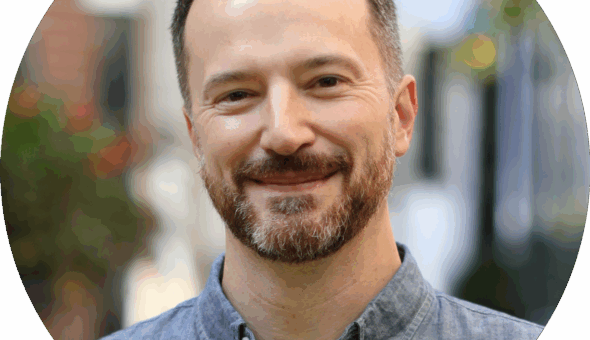The 2024 AMA Symposium for the Marketing of Higher Education buzzed with a sense of apprehension. Demographic, political and social challenges loomed large, with discussions on the shrinking student pool due to the enrollment cliff, the phaseout of third-party cookies making audience targeting more difficult, and the evolving stance of political administrations and their views on “woke” college campuses. But alongside this uncertainty, there was a palpable sense of innovation, adaptability and commitment to the core mission: empowering students through education.
1. Adapting to the New Landscape: How AI is Transforming Higher Ed Marketing
As institutions grapple with these challenges, they are evolving to find solutions that resonate in a rapidly shifting landscape. One area where we’re seeing real change is the use of AI tools to enable “scaled intimacy.” These technologies are automating menial tasks, freeing up marketers to focus on building meaningful, personal connections.
For example, Forsyth Tech integrated its Marketing and Student Care teams, which improved communication and created a more consistent student experience. Similarly, Bucknell University’s decision to split Marketing and Communications allowed for sharper focus and clearer messaging. This trend toward adaptability and flexibility is critical, especially as the stakes continue to rise.
2. Going Global: Georgetown University’s Approach to International Expansion
Some universities have expanded their presence on the global stage to address the looming enrollment cliff and to meet the prospective students where they are. A prime example is Georgetown University’s experience building an Executive MBA program in Dubai, as shared by presenters Shelly Heinrich and Teresa Mannix. Georgetown’s strategy in the UAE was designed to confront both local and global challenges. Their success highlights the importance of adapting to new markets, as replicating domestic strategies abroad is no longer enough. Georgetown’s strategy aligned with the UAE’s Vision 2030, with the team conducting deep cultural research and forging partnerships that extended beyond the campus walls. The goal was to create enduring connections that reflect permanence, not transience.
This cultural alignment also extended to Georgetown’s messaging, which emphasized the university’s tradition of leadership and its relevance within Dubai’s dynamic business landscape. Heinrich and Mannix stressed the importance of adapting digital and in-person strategies — using tools like WhatsApp for admissions and embracing regionally tailored PR efforts — to foster authentic, lasting connections.
3. Tailoring Campaigns to Gen Z and Their Families
As campaigns become more nuanced, higher ed marketers also recognize the importance of tailoring messaging to parents, especially given Gen Z’s increased tendency to involve their families in major decisions.
Video content continues to be indispensable, too. With platforms like YouTube and TikTok now functioning as search engines for an entire generation, savvy marketers understand that showing rather than telling resonates more deeply with today’s media-savvy audience.
4. Reddit: An Overlooked Channel for Higher Ed Marketing
Another compelling case for modern higher ed marketing came from Meghan Thornton and Julia Marco from Skidmore College, who highlighted the value of Reddit as a platform built on authenticity. With more than 1.1 million members in the r/ApplyingToCollege subreddit, marketers have a unique opportunity to connect meaningfully with prospective students — but only if they approach the platform with respect and transparency. Reddit is not a place for generic marketing. Engagement thrives in Reddit’s community-driven, often anonymous conversations, and Skidmore’s campaigns demonstrated impressive results.
Skidmore’s success on Reddit resulted in 5.5 million impressions, a 45% engagement rate, and low effective cost-per-mille (eCPM) rates. Their campaigns also saw a significant boost in brand awareness and helped expand their reach to new, untapped audiences. Skidmore’s insight into Reddit’s unique demographic — 30% of users aren’t on Facebook, 45% aren’t on Instagram, and 58% don’t use TikTok — allowed them to engage effectively with users.
The Takeaway: The Importance of Audience Understanding and Adaptability
From local challenges to global strategies, and traditional campaigns to innovative platforms, this year’s symposium underscored critical truths: understand your audience deeply, adapt thoughtfully and never assume one approach fits all. By blending innovation, cultural sensitivity and genuine engagement — aided by the power of AI — higher ed marketing can overcome challenges and thrive in even the most complex landscapes.







